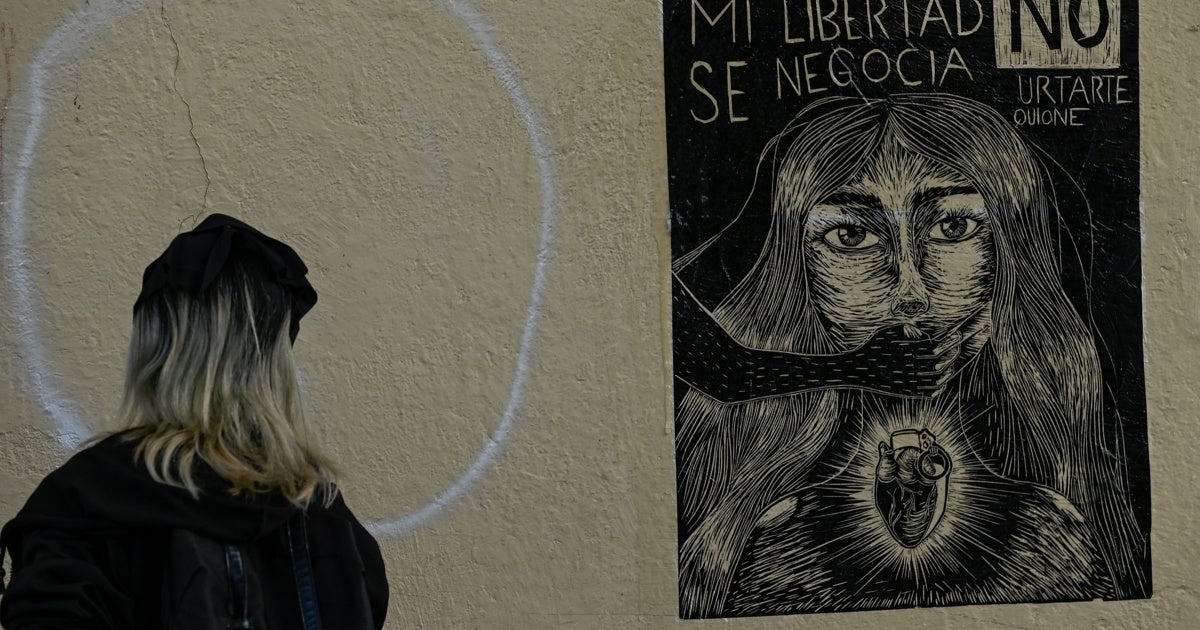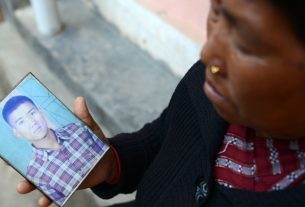- Authorities and healthcare providers in the state of Mexico, the nation’s most populous state, are failing to guarantee access to abortion care, even in cases in which it is legal.
- Barriers to legal abortion care make it more difficult for people to get services they are entitled to, especially people living in poverty, adolescents, and those with disabilities.
- The state of Mexico should fully decriminalize abortion. Health institutions should increase joint efforts to ensure that everyone has access to abortion services without discrimination.
(Mexico City) – Authorities and healthcare providers in the state of Mexico, the nation’s most populous state, are failing to guarantee access to abortion care, even in cases in which it is permitted under state law, Human Rights Watch said in a report released today. Despite nationwide strides towards recognizing access to abortion as a constitutional and human right, the state of Mexico continues to criminalize abortion, allowing exceptions only in cases of rape, “negligent abortions,” risk to the pregnant woman’s life, or when the fetus has “serious congenital or genetic alterations.”
The 44-page report, “Navigating Obstacles: Abortion Access in the State of Mexico,” found that the state’s abortion law does not guarantee access to this essential service, even for legally eligible cases. Barriers to access include healthcare providers denying or delaying services, withholding necessary information, questioning the veracity of sexual violence survivors’ statements, subjecting women to mistreatment, and imposing arbitrary requirements for access that contradict existing law and regulations.
“Significant hurdles persist for women, girls, and other pregnant people seeking abortion, even for those who fall within the exceptions under the law of the state of Mexico,” said Cristina Quijano Carrasco, women’s rights researcher at Human Rights Watch. “The state of Mexico needs to fully decriminalize abortion as a key step to achieving gender equality.”
Inadequate abortion access in the state forces a high number of people to travel to Mexico City, where abortion services are unrestricted up to twelve weeks of pregnancy, highlighting the stark differences in protections for reproductive rights across state borders within Mexico. With alarming rates of gender-based violence in the state, including femicides and sexual violence, restricted abortion access further compounds discrimination against women and girls.
Human Rights Watch interviewed more than 66 healthcare personnel, government officials, representatives from civil society organizations, and other experts. Human Rights Watch found that gender-based biases and stereotypes present in health care in the state of Mexico underlie the significant obstacles in accessing legal abortion. Doctors, nurses, and psychologists from several hospitals interviewed said they had observed mistreatment of patients by their personnel, including questioning their motives for seeking abortion care and making stigmatizing comments such as “a good mother doesn’t do these things.” Some patients who experience mistreatment leave without getting the care they need.
Some hospitals and providers further restrict access by imposing arbitrary requirements that contradict or undermine existing laws and regulations. For example, some providers require survivors of sexual violence to report their cases to authorities before accessing abortion care, even though state law does not require such reporting.
Fear of legal repercussions also deters healthcare personnel from providing services and patients from seeking abortion care. The continued treatment of abortion as a crime makes women and girls afraid to seek information about how to legally terminate their pregnancies, making safe access even more difficult. Fear of facing criminal charges can also lead to women not seeking medical help when they need it, Human Rights Watch found.
Lack of staff available for abortion care due to staff shortages and conscientious objection by medical personnel also leads to delays in time-sensitive abortion care, contrary to international human rights standards. Human Rights Watch found that there have been instances in which healthcare personnel who object to providing abortions have also refused to provide information about how to get such services, contrary to the Mexican Supreme Court’s ruling on conscientious objection.
Human Rights Watch found that adolescents seeking abortion care face additional barriers. Though state law does not require parental authorization for anyone over age 12, some providers unlawfully require parental involvement up to age 18.
Women, girls, and other pregnant people with disabilities in the state of Mexico encounter additional barriers due to the existence of legal guardianship, which allows a third party to make decisions for people under this system, even for health treatment.
In 2023, the state of Mexico Congress approved the National Civil and Family Procedure Code, recognizing full legal capacity for anyone age 18 or older, including people with disabilities. But the state legislature has yet to amend its civil code, thus maintaining a substitute decision-making system. This can deprive people with disabilities of their right to make their own decisions about their health, including access to abortion services.
Since 2007, 72,336 women, girls, and pregnant people living in the state of Mexico have accessed abortion services in Mexico City. However, forcing people who live in the state of Mexico to travel into Mexico City to obtain abortion services disproportionately burdens people living in conditions of poverty, those with disabilities or care responsibilities, adolescents, and others who may not be able to travel easily.
“The state of Mexico should join the other 16 states in the country that have fully decriminalized abortion and taken the lead in protecting women’s rights,” Quijano Carrasco said. “Health institutions, both at the state and federal level, should increase their joint efforts to ensure that everyone has access to abortion services without discrimination.”



